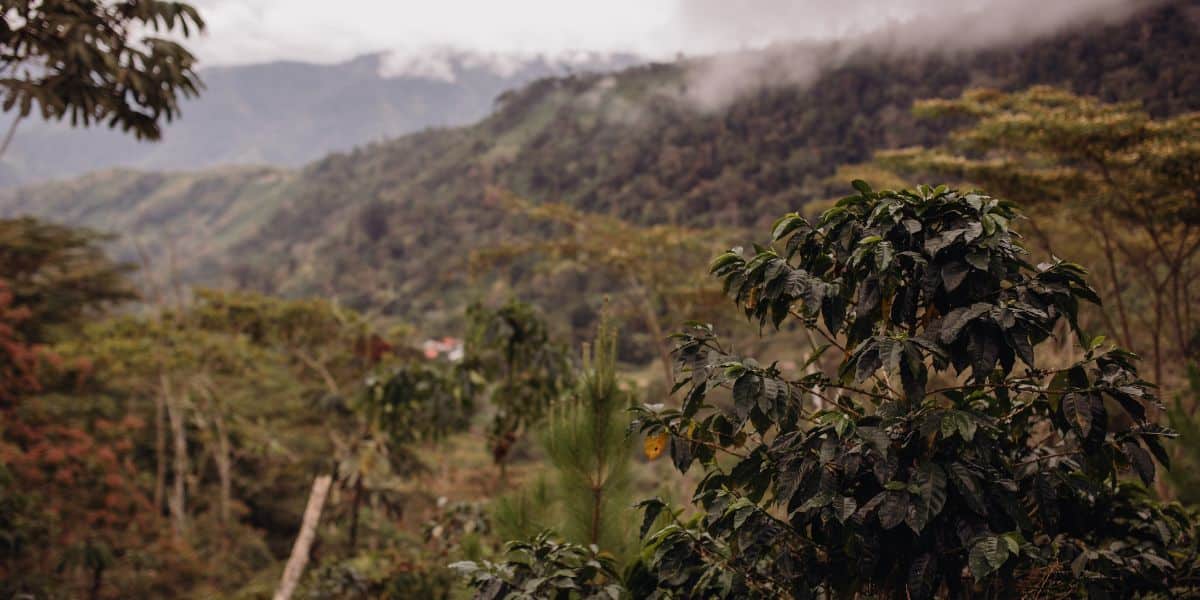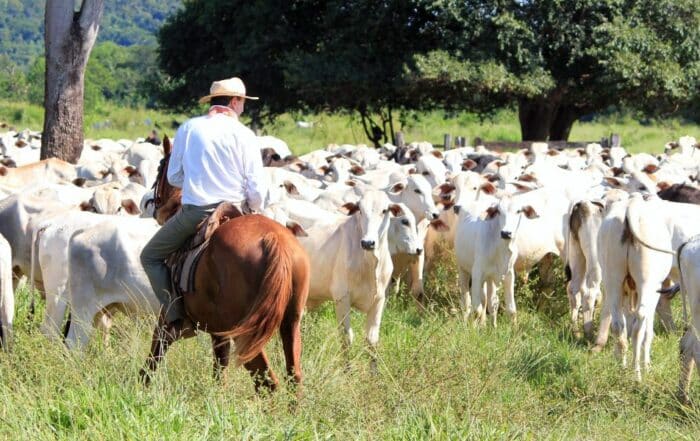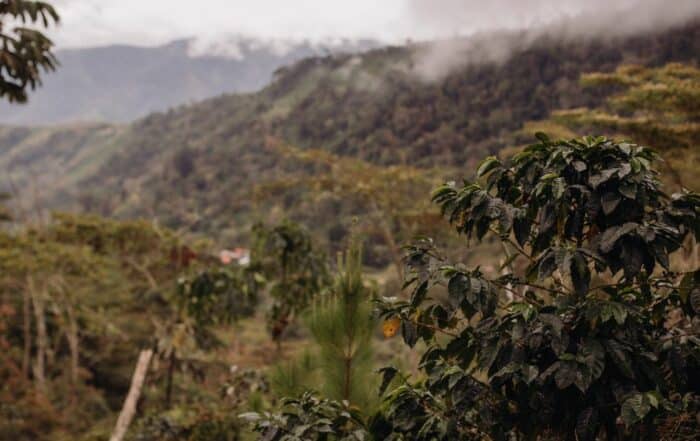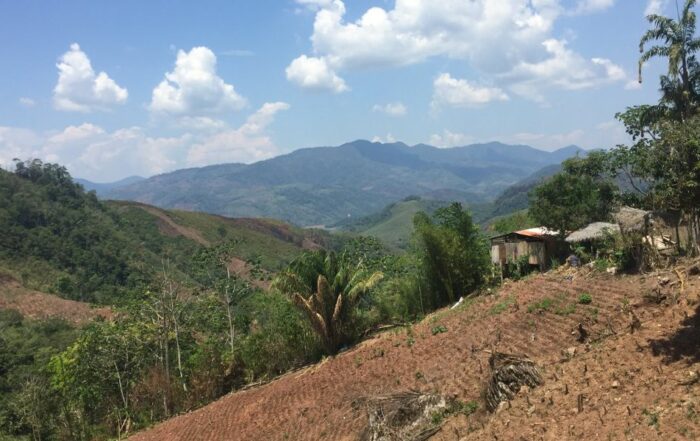Pilot Project Coffee Traceability Zero Deforestation and Agroforestry in the Peruvian Amazon
Background
On June 29, 2023, the new European Regulation concerning the placing on the European Union market and export from the Union, raw materials and products associated with deforestation and forest degradation came into force with the publication in the EU Official Journal. How will small producers and cooperatives in Peru be able to justify zero deforestation coffee?
The issue of traceability is considered in most labels, but there is no direct link to deforestation. The challenge will be in the hands of the actors in the sector. How can Envol Vert support the coffee sector in this transition? The organization is already heavily involved in the fight against deforestation through several actions:
Action of Envol Vert and allies in Peru
Envol Vert has been carrying out activities in the region of Junin, Peru since 2016 in conjunction with the CACS Valle Ubiriki in the implementation of agroforestry systems, the development of economic alternatives and the training of its coffee farmers.
The alliance between Lobodis, La CACS Valle Ubiriki and Envol Vert is given in 2020, which has 3 axes of work:
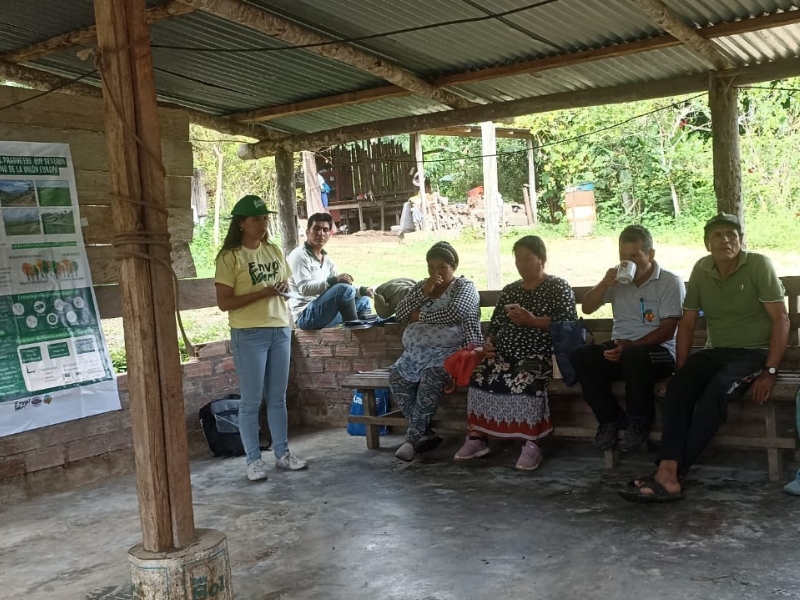
Farmers training
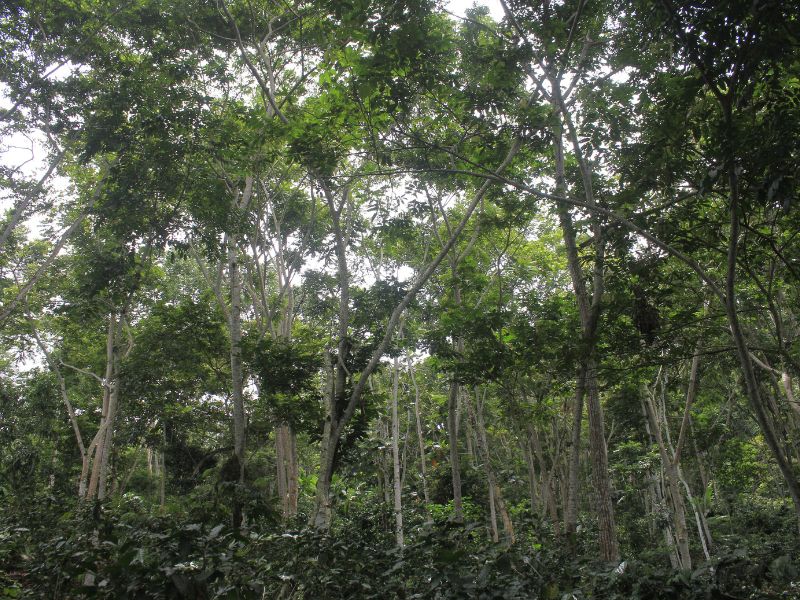
Plot of coffee trees in agroforestry
In the year 2023, as a continuation of this alliance, the pilot project “Coffee Traceability Zero Deforestation and Agroforestry in the Peruvian Amazon” was initiated with the following objectives:
Project progress
After several months of field work, the results of the visits to the 20 coffee farms were achieved and the first workshops for the producers and the teams of the Ubiriki Valley cooperative were held. The objective was to sensitize the actors involved to the new regulations and to formulate recommendations to meet the new requirements of the European Union.
What is the future of the alliance?
Finally, the pilot project will contribute as a first step to the implementation of the new perspectives for the future and the steps of the implementation of the EU regulation to curb deforestation through consumer products (such as coffee), by these countries, generating awareness and sustainable practices that contribute to the protection of forests in different parts of the world.
Pilot Project Coffee Traceability Zero Deforestation and Agroforestry in the Peruvian Amazon
Background
On June 29, 2023, the new European Regulation concerning the placing on the European Union market and export from the Union, raw materials and products associated with deforestation and forest degradation came into force with the publication in the EU Official Journal. How will small producers and cooperatives in Peru be able to justify zero deforestation coffee?
The issue of traceability is considered in most labels, but there is no direct link to deforestation. The challenge will be in the hands of the actors in the sector. How can Envol Vert support the coffee sector in this transition? The organization is already heavily involved in the fight against deforestation through several actions:
Action of Envol Vert and allies in Peru
Envol Vert has been carrying out activities in the region of Junin, Peru since 2016 in conjunction with the CACS Valle Ubiriki in the implementation of agroforestry systems, the development of economic alternatives and the training of its coffee farmers.
The alliance between Lobodis, La CACS Valle Ubiriki and Envol Vert is given in 2020, which has 3 axes of work:

Farmers training

Plot of coffee trees in agroforestry
In the year 2023, as a continuation of this alliance, the pilot project “Coffee Traceability Zero Deforestation and Agroforestry in the Peruvian Amazon” was initiated with the following objectives:
Project progress
After several months of field work, the results of the visits to the 20 coffee farms were achieved and the first workshops for the producers and the teams of the Ubiriki Valley cooperative were held. The objective was to sensitize the actors involved to the new regulations and to formulate recommendations to meet the new requirements of the European Union.
What is the future of the alliance?
Finally, the pilot project will contribute as a first step to the implementation of the new perspectives for the future and the steps of the implementation of the EU regulation to curb deforestation through consumer products (such as coffee), by these countries, generating awareness and sustainable practices that contribute to the protection of forests in different parts of the world.

